Publications
Articles, publications, books, tools and multimedia features from the U.S. Institute of Peace provide the latest news, analysis, research findings, practitioner guides and reports, all related to the conflict zones and issues that are at the center of the Institute’s work to prevent and reduce violent conflict.
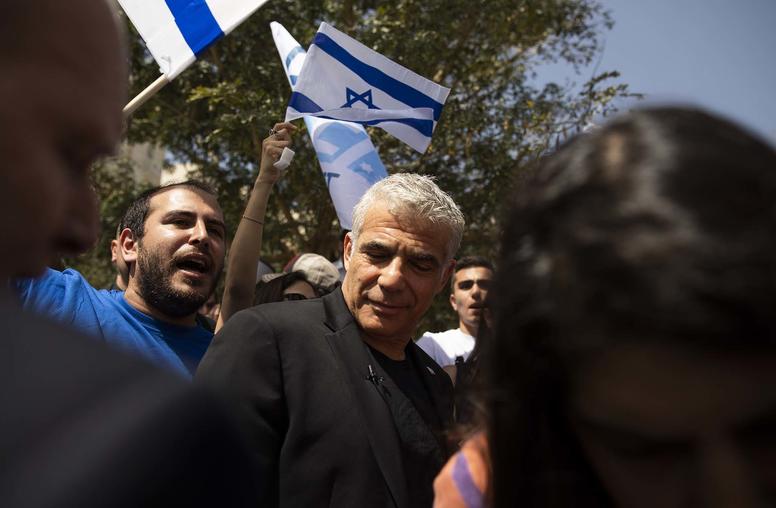
Can Israel’s New Coalition ‘Change’ the Israeli-Palestinian Conflict?
With minutes to spare before his mandate to form a coalition expired, Yair Lapid, the leader of Israel’s center-left Yesh Atid party, announced that he had formed a governing bloc. This announcement could usher in an Israeli government that, for the first time in 12 years, is not led by Benjamin Netanyahu. The down-to-the-wire negotiations befit the prior two years of Israeli political drama — with four elections held since April 2019. While this potentially portends a new, post-Netanyahu chapter in Israeli politics, it is unlikely that the ideologically disparate coalition cobbled together by Lapid —with Naftali Bennet, a hard-right politician, at its helm — will yield significant progress toward peace.
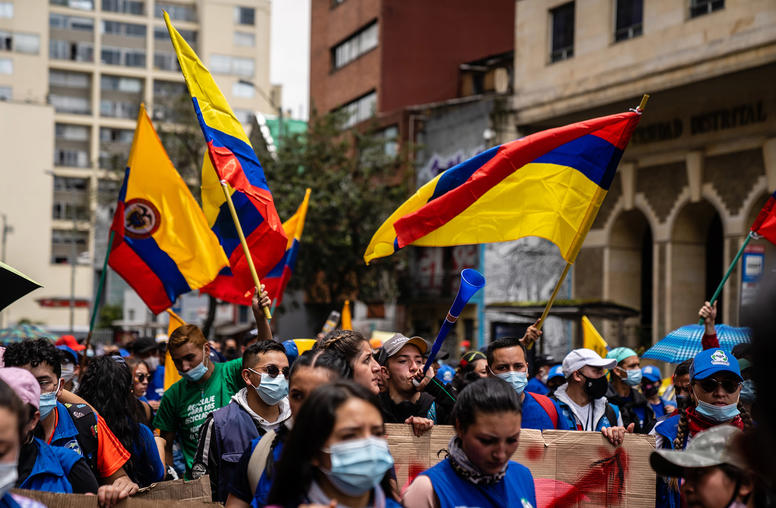
Colombia’s National Strike: Inequality and Legitimacy Crises Drive Unrest
After Colombia’s government proposed new tax hikes, social organizations and movements called for a national strike on April 28 across the country. Protesters believed the new fiscal policy — which the government said was aimed at mitigating the pandemic’s economic impact — would disproportionately hurt poor and vulnerable sectors of society. Although the marches and mass gatherings were initially widespread and peaceful, security forces cracked down on demonstrators accused of taking part in vandalism, killing at least 43 and injuring hundreds more. Meanwhile, pre-existing and resulting anger among some groups of protesters led to attacks on security forces and police stations, setting off a cycle of violence.
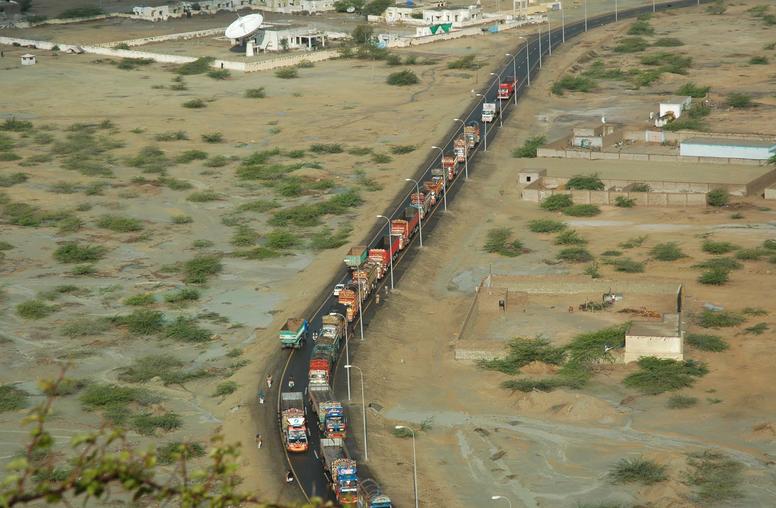
Pakistan’s Growing Problem with its China Economic Corridor
The China-Pakistan Economic Corridor (CPEC) has deepened the decades-long strategic relationship between the two Asian nations. But it has also sparked criticism, including that it burdens Pakistan with mountains of debt, allowing China to use “debt-trap diplomacy” to gain access to strategic assets. While some of this criticism is valid, a closer look indicates that concerns around debt sustainability, tepid economic growth and overall economic and social instability in Pakistan predate CPEC. Moreover, it is the lack of long-term structural reforms that has stymied equitable socioeconomic progress in Pakistan.
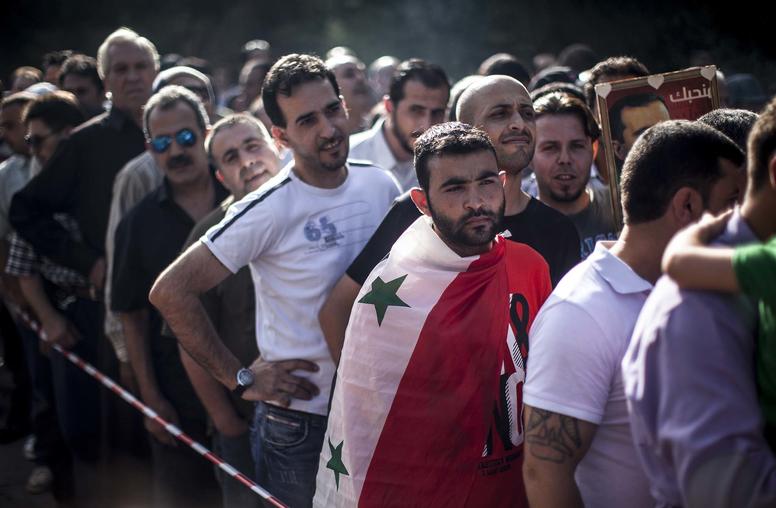
Despite the Sham, Syria's Election is Still Significant
In the face of international pushback, the Assad regime is going forward with plans for a presidential election on May 26. While the outcome is in no way uncertain — Assad will win amid deeply unfair election practices — the decision to proceed with the vote has major implications for international efforts to resolve the decade-long civil war. USIP’s Mona Yacoubian looks at how the election might affect the situation on the ground in Syria, what it means for the U.N.-backed Geneva peace process and how the Assad regime’s renewed stranglehold on power could affect regional tensions and U.S. interests.
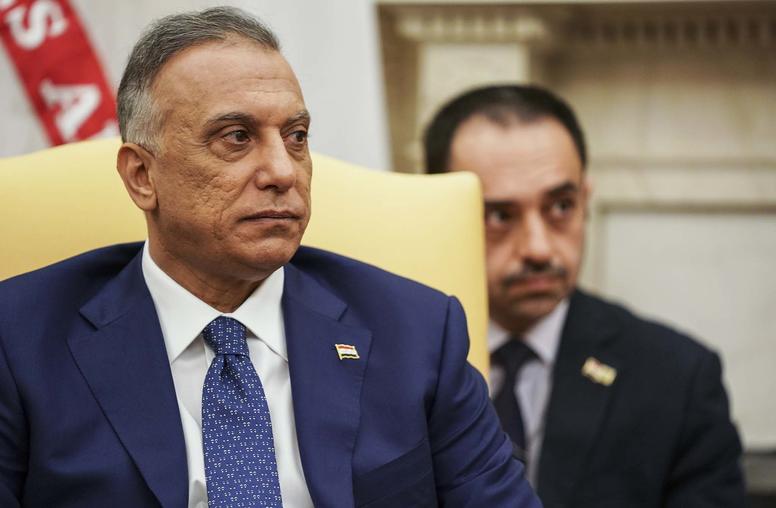
Where Is Iraq a Year After Prime Minister Kadhimi Took Office?
Iraqi Prime Minister Mustafa al-Kadhimi came to power a year ago today after a protest movement toppled the previous government and successive attempts to establish a new one failed. Inheriting a country deep in the midst of political and economic crises, Kadhimi has spent the last year trying to put Iraq back on the path toward stability all while navigating U.S.-Iran tensions playing out on Iraqi soil. USIP’s Elie Abouaoun and Sarhang Hamasaeed look at what Kadhimi has done to attempt to placate protesters, the importance of Iraq’s October national elections and how the prime minister has dealt with U.S.-Iran tensions.
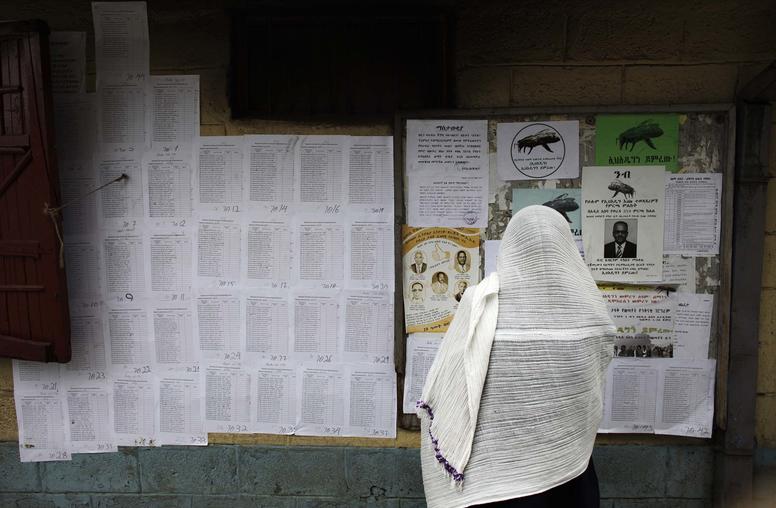
Ethiopia: Contemplating Elections and the Prospects for Peaceful Reform
Ethiopia is approaching parliamentary elections on June 5. This will be the first vote since the process of reform launched in 2018 by Prime Minister Abiy Ahmed, and the stakes are extremely high. Elections to the next national parliament, the House of People's Representatives, may determine future decisions about the structure of the country and consolidate the ruling party’s power. While the short-term outlook for the vote is unlikely to change, the election may offer opportunities to support political dialogue which could sustain important reforms and decrease polarization.
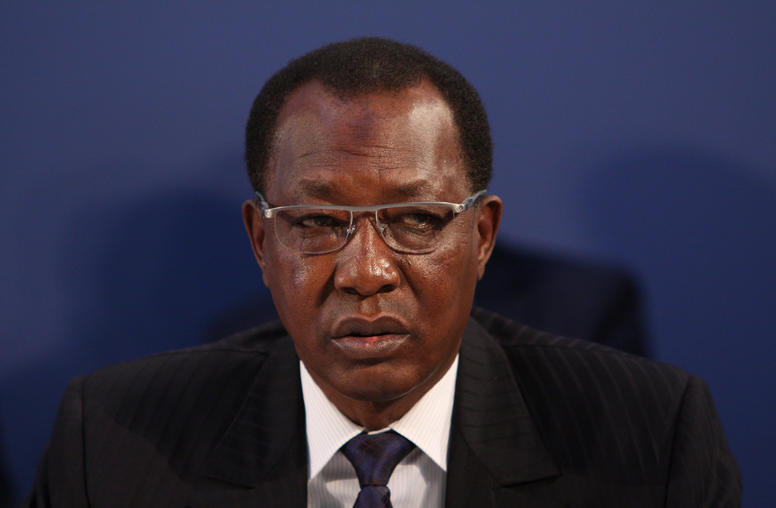
Chad: President Déby’s Death Leaves Vacuum in Volatile Region
The sudden violent death of Idriss Déby, the leader of Chad since 1990, throws the central African country into uncertainty. During a visit to the military frontline, Déby was allegedly killed in fighting in the country’s Lake Chad region, just days after the uncompetitive April 11 presidential elections in which he was re-elected for a sixth term. As USIP’s Kamissa Camara and researcher Jérôme Tubiana explain, Déby’s death does not change the structural deficiencies of the Chadian state. At the same time, Déby’s death leaves the West without a long-time ally in counterterrorism in the greater Sahel and Lake Chad Basin, and how the transition is managed has implications for the wider region, too.
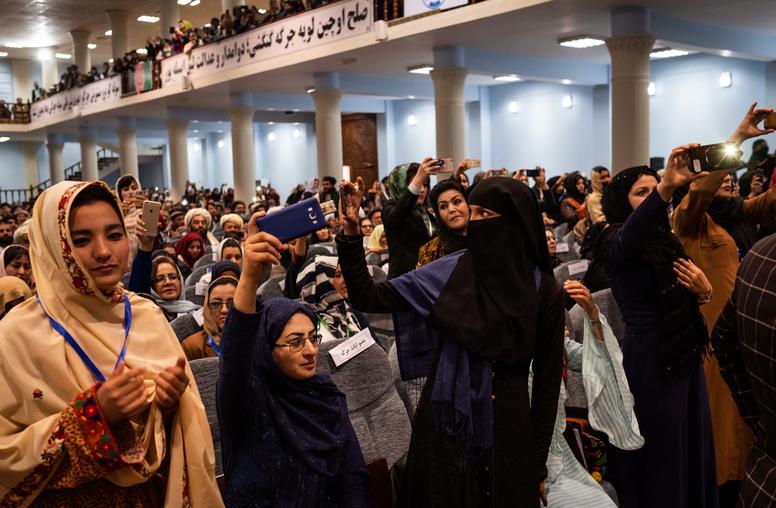
Democracy Is the Afghan Government’s Best Defense Against the Taliban
The Biden administration’s announcement last week that U.S. troops would be out of Afghanistan by September 11 came as a blow to the current peace talks and many Afghan citizens who appreciate the rights and freedoms that international forces have helped to defend against the Taliban. Still, President Biden made clear that the United States continues to support the Afghan government and democratic system, and, to that end, the administration has indicated it would request $300 million from Congress in additional civilian aid. But Biden explicitly de-linked U.S. troops from that equation — stating that they would not be “a bargaining chip between warring parties.”
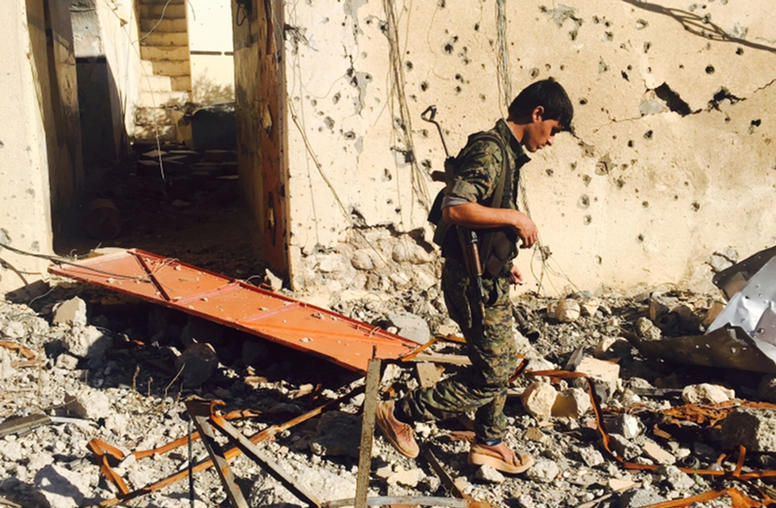
Struggle for Sinjar: Iraqis’ Views on Governance in the Disputed District
Iraq’s Sinjar district and its communities have struggled to recover from the recent conflict against the Islamic State group (ISIS). This is due in large part to the fact that the district is one of 14 territories under dispute between Iraq’s federal government and the Kurdistan Regional Government (KRG). As a result, Sinjar has become an arena for competition between the federal government, KRG and other actors in the post-ISIS period. This reality has led to frustration, anger and disillusionment among the communities in Sinjar, the majority of whom are Yazidi (Ezidi).
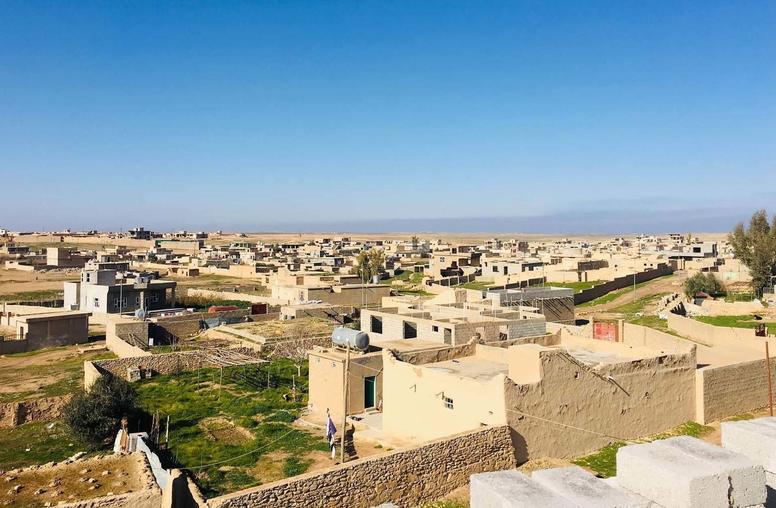
Struggle for Sinjar: Iraqis’ Views on Security in the Disputed District
Home to Iraq’s beleaguered Yazidi (Ezidi) community, Sinjar has long been caught amid tension between Iraq’s federal government and the Kurdistan Regional Government (KRG), leading to severe underdevelopment in the district. Compounding Sinjar’s historical struggles, the district also witnessed the Islamic State group’s (ISIS) egregious crimes against the Yazidis. In October 2020, the Iraqi government and KRG announced an agreement on Sinjar that attempts to resolve two pressing factors undermining its stability…